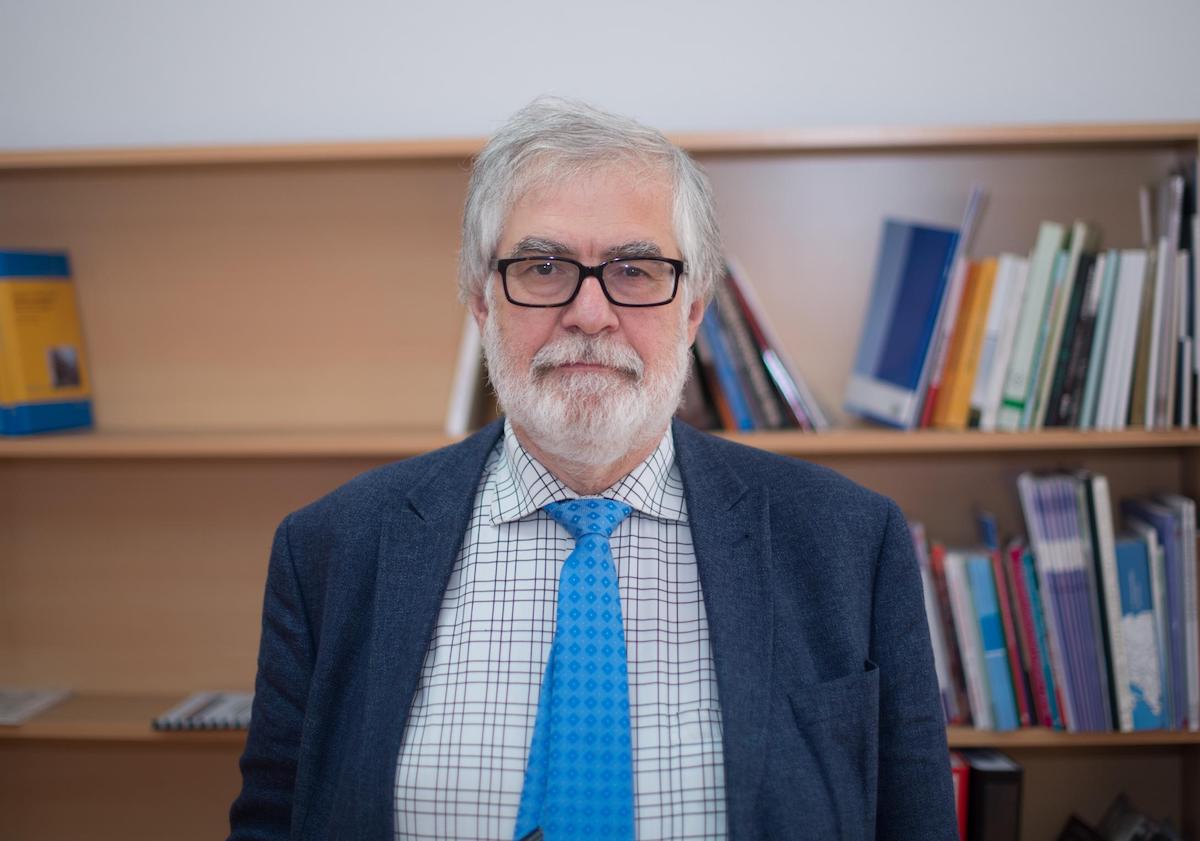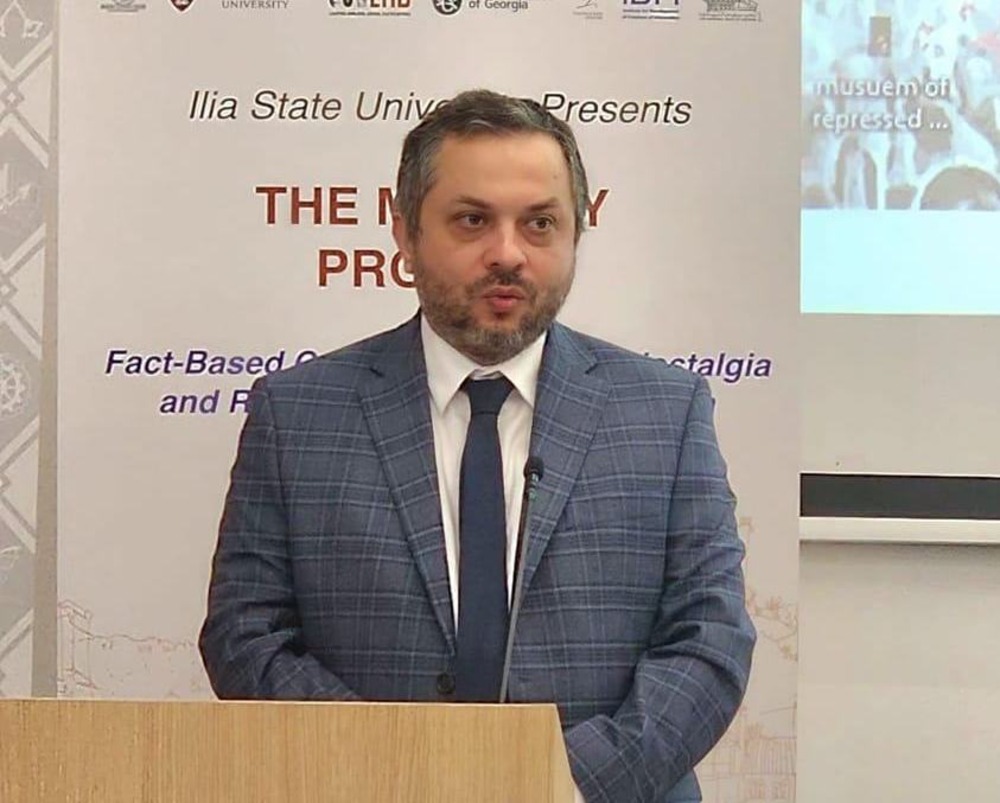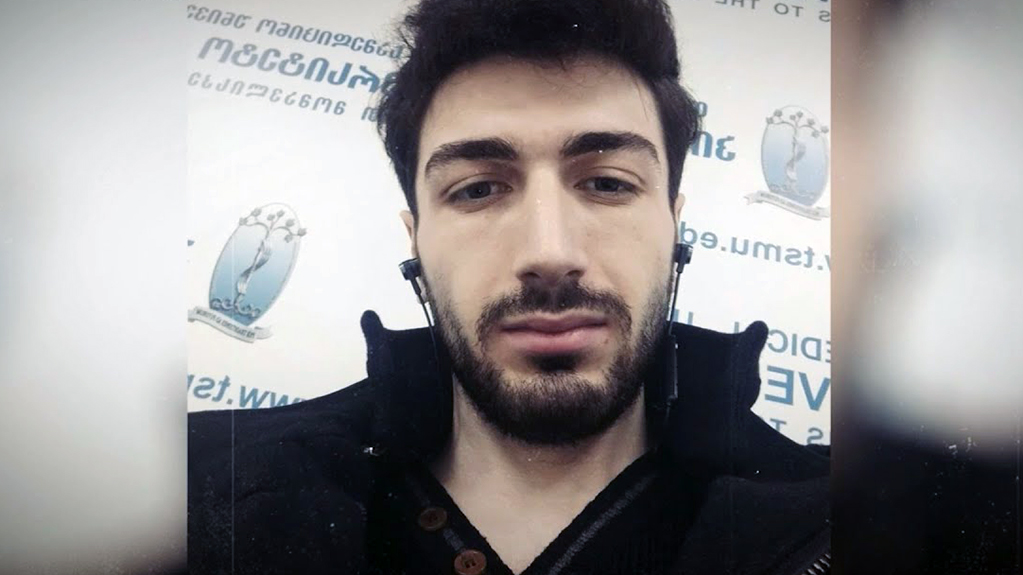"Georgia will become a pariah state." Experts' views on the international boycott of the elections
The West Does Not Recognize Elections in Georgia
Following the parliamentary elections on October 26, Georgia faces a new and markedly different reality.
The ruling party, Georgian Dream, received a majority of nearly 54% of the votes—a result 12% higher than exit poll figures. These numbers are met with skepticism from both local observers and the international community. Thousands of violations identified by observers and experts, along with systemic fraud schemes, have cast doubt on the election results both domestically and internationally.
The international community does not recognize the election results and questions their legitimacy. The only European leader to acknowledge the parliamentary elections was Hungarian Prime Minister Viktor Orbán. According to EU Ambassador to Georgia, Pawel Herczyński, due to the Georgian government’s current trajectory, EU leaders have suspended the country’s accession process to the European Union. Sharp statements are also coming from the United States.
The opposition is demanding an international investigation into the election fraud allegations, but the authorities are opposed to this demand.
A large protest rally organized by the opposition is planned for November 4 on Rustaveli Avenue. The opposition and civil society are preparing for continuous protests, including setting up tents on Rustaveli Square.
Leading the wave of protests is Georgian President Salome Zourabichvili, who has declared the elections completely rigged, calling them a “Russian special operation.”
Georgian experts respond to JAMnews’s questions regarding the potential international isolation of Georgia and the prospects for resolving the crisis.
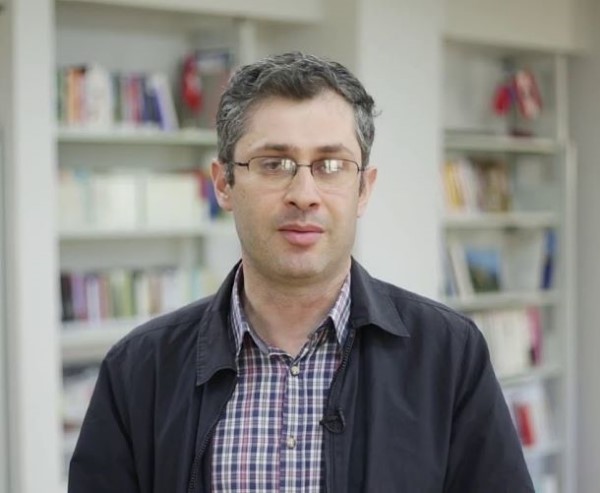
David Aprasidze, PhD in Political Science and professor at Ilia Chavchavadze University:
“The likelihood that the international community ultimately won’t recognize these elections is quite high, and we’re already seeing this process unfold. By the international community, I primarily mean the Western community, which we had declared as our course just recently.
Of course, the process is not yet complete; the CEC has not announced the final results, legal actions are still ahead, and so on. So the process is ongoing, but if it doesn’t provide certain credible answers to the questions raised, the probability of the Western international community not recognizing the elections will be quite high.”
If it comes to this, one of the key factors for international assessment will be the need for an international investigation, which is being demanded by the opposition and civil society. Should the government refuse such an investigation, it will serve as an additional basis for the Western community not to recognize these elections.
It’s quite difficult to predict what will happen afterward. There are, in fact, examples of what might unfold.
Georgia is a small country, and such non-recognition would have wide-reaching effects. This will likely manifest most strongly in the economic sphere, impacting investments, economic relations, export-import frameworks, and other areas, all of which would have negative consequences.
The West Does Not Recognize Elections in Georgia
It can also be said with confidence that there is a real threat to the visa-free regime. The most alarming aspect is that, from a geopolitical perspective, Georgia would become what is often termed a “pariah state.”
While fully isolated countries don’t exist, there are nations cut off from the civilized world, and we would find ourselves among them.
Any myth about Georgia attempting to balance and navigate its way out of this very complex geopolitical situation would be shattered. Once we sever and completely halt relations with both our current and former partners, we will be left with only one major neighbor — Russia.
This would have the most severe consequences, leading to economic and other repercussions.
The most serious aspect of this situation is that we are moving toward complete control by Russia.
There are different examples of election non-recognition, such as in Belarus and Venezuela. The Western world did not expect fair elections in these countries. However, the precedent of not recognizing elections in a country where European integration is enshrined in the constitution and which has applied for European Union membership is rare.
There are many undemocratic countries in the world that hold elections, and the international community does not respond strongly. The elections in Venezuela were unique due to the specific events unfolding there and the intense focus, especially from neighboring countries.
Belarus drew attention due to its geographical location—it lies in the heart of Europe—and because of its reaction to Russia’s annexation of Crimea in 2014. In other parts of the world, there are countries where elections are either poorly conducted or not held at all, yet there is often no response in terms of recognition or non-recognition due to other political circumstances.
In our case, the issue of recognition is highly crucial.
First of all, this is connected to the fact that we are a candidate for European Union membership. That is, we ourselves have declared ambitions to become a democratic country, and we affirm that the legitimacy of our government is based on free and competitive elections. One of the EU’s requirements for membership has indeed been the conduct of elections, making them a central issue.
The second point I emphasize is our foreign policy choice. If there were any lingering questions, they are now resolved.
Before the elections, the ruling party stated that relations with the West, especially with America and the European Union, would be reassessed. They mentioned that after the elections, we would return to normal conditions and reestablish relations.
The West Does Not Recognize Elections in Georgia
In a situation where the legitimacy of the elections may be questioned by strategic partners, the possibility of any reset is completely ruled out.
If anyone has the illusion that Georgia occupies some sort of neutral position, balancing between East and West, they are gravely mistaken. In such circumstances, Georgia’s tomorrow is merely a transformation into a sphere of influence for Russia. A basic law of gravity applies here: when you lean in one direction, you are immediately pulled in by the other, especially when you are a small country without any resources. Illegitimate, unrecognized elections will, in fact, bring us even closer to that world.
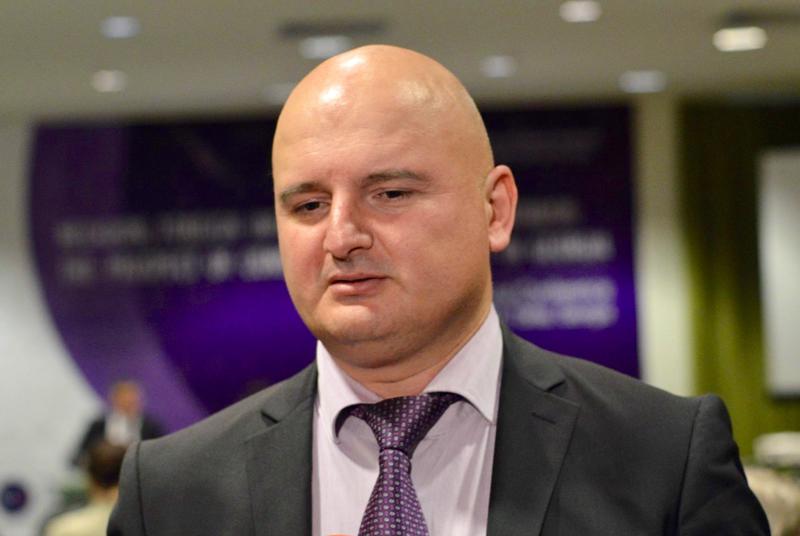
Kornely Kakachia, Professor of Political Science, Director The Georgian Institute of Politics
After the elections, we see that the international isolation of the Georgian government continues, and if something does not change quickly, this process may become irreversible.
It is particularly noteworthy who congratulated the Georgian authorities on their electoral victory. It was mainly a few illiberal, undemocratic countries. Specifically, we received congratulations from Maduro, who recognized the independence of Abkhazia and South Ossetia. This certainly places the Georgian authorities in a very undesirable club from which it will not be easy to extricate themselves.
Moreover, the government declares its ambition to join the European Union, planning to do so by 2030. But this path clearly does not lead to achieving that goal. On the contrary, it is a path to international isolation.
The “Georgian Dream” government lacks both internal and external legitimacy, which will be very risky for it. Such a government will be very weak on the international stage as well as within the country.
Despite the statements being made by “Georgian Dream” right now, the authorities themselves understand this. That is why they are trying—at least, that is the impression they are creating—to negotiate over the “foreign agents law” and other recently adopted laws.
The West Does Not Recognize Elections in Georgia
▇ We could not understand why the “foreign agents law” was adopted. Now it has become clear—it is likely that one of the aims of its adoption was to negotiate after the election results.
In any case, perhaps “Georgian Dream” believes that this is one of the protective measures through which they can “justify” these elections. They might repeal this law, and in exchange for that, the West would have to recognize the elections and the new reality.
However, I don’t believe this will ultimately be justified. The West will never go for it; if such a tactic works with an authoritarian government once, the process won’t stop, and it seems clear that the West understands this well.
▇ The “Georgian Dream” is outwardly trying to ignore the critical statements from the West, but in reality, the authorities are well aware of what is happening and are fearful of it.
Before the elections, the “Dream” knew it would face legitimacy issues, which is why Viktor Orban’s visit was not coincidental. Through his presence, they sought to present to their supporters the illusion of having some sort of legitimacy from the European Union. Again, in my view, this was an attempt to demonstrate a semblance of legitimacy for their backers, but I don’t think it could deceive the international community. It was merely an attempt, as the “Dream” knows that legitimacy is their Achilles’ heel.
We do not know how the process will evolve from here.
The international community has called for an investigation. It would be beneficial to form a small group of experts from the U.S. and the EU who are familiar with election fraud issues, led by a prominent or former diplomat. This group could come to Georgia and examine the situation.
Ideally, the “Georgian Dream” should not resist this, as refusal would imply they have something to hide, which would ultimately backfire on them.
The key is to act quickly, as otherwise, the situation will become more complicated—U.S. elections are approaching, and there’s a high likelihood that Georgia will slip from the headlines. This is why an initiative from the European Union on this matter would be highly significant, given that Georgia still officially holds candidate status, and the EU’s interest in this issue would not be surprising. This would be the best way to address the electoral crisis and clarify what actually transpired.
The other question is whether they have the political will to do this. They have already stated that the investigation will be conducted by the Georgian Prosecutor’s Office, but, of course, no one trusts that investigation.
Thus, there is a strong possibility that the country will enter a political crisis, the outcome of which is uncertain, and this is precisely the scenario that benefits Russia the most.
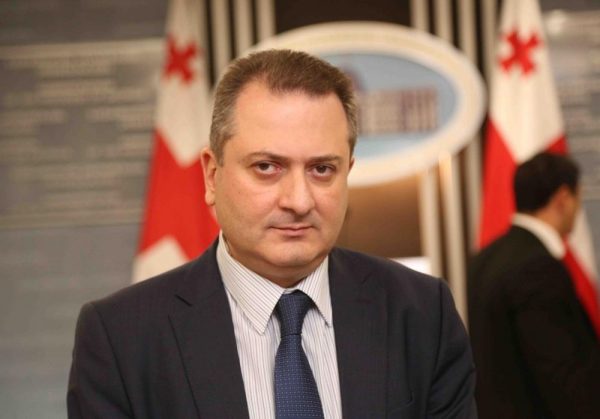
Tengiz Phkaladze, doctor of international relations and a professor at GIPA.
There is nothing good in the assessments we hear from the international community. Everything is expressed very clearly, and fundamentally, we are already talking about actions rather than assessments.
One thing is assessments, and quite another is the actions that the international community has already taken. For example, one such action is the decision by the Swedish government, which is an important third-level partner of ours, to cease cooperation with the Georgian government. Another action includes Canada’s statement, as our significant partner, about its intention to reassess its relations with Georgia. The United States has already begun the process of reviewing its cooperation, and the process of Georgia’s accession to the European Union has been halted.
The West Does Not Recognize Elections in Georgia
▇The country is losing not only financial and economic support, which is one side of the issue, but also political support at a time when we are facing unprecedented risks and challenges.
We find ourselves in an extremely volatile and unstable security environment, and in this maelstrom, Georgia will be completely defenseless if it remains alone, and this is exactly the path we are on.
Whatever the government says, there are no people who do not understand what is happening. They are fully aware of the current situation and their position.
If these statements are aimed at a domestic audience and serve to reassure their supporters, that is another matter. I do not think there are such inexperienced or uneducated people in the government who do not see reality. So the authorities know what is happening, they know what needs to be corrected, and they are aware of the problems they face in foreign policy. However, despite this, they have chosen this path.
The process we are discussing will only intensify, and additional restrictions will be added. We are no longer talking about sanctions against individual government members—that is secondary. The question is that sanctions could be directed against the entire country, and I repeat—we are entering a very dangerous phase for Georgian statehood.
The West Does Not Recognize Elections in Georgia










